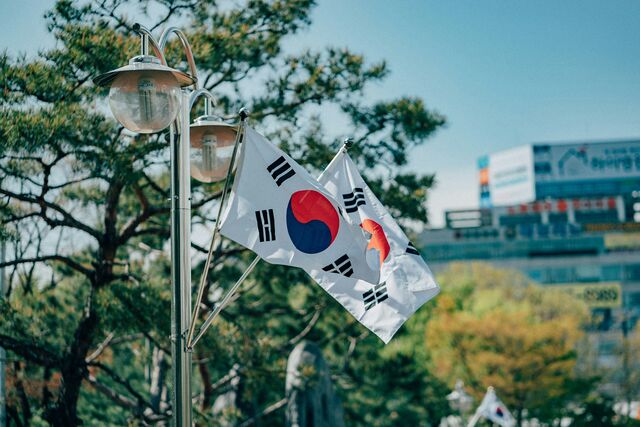Last week, South Korean President Yoon Sun Yeol declared martial law, inciting confusion among lawmakers, political analysts and citizens.
At around 10:30 p.m., Korean Standard Time on last Tuesday, South Korean President Yoon Suk Yeol declared martial law in an unannounced address, creating confusion among lawmakers, political analysts and citizens alike.
Martial law is a temporary substitution of civilian legal processes for military rule, according to AP News. It is generally used in war-like conditions or in other national emergencies.
President Yoon claimed he intended to “protect the free Republic of Korea from the threat of North Korean communist forces” and “eradicate the despicable anti-state forces that are plundering the freedom and happiness of our people.”
His people, however, were not so happy following his announcement. Just hours after the address took place, soldiers stormed the parliament building, with citizen protests erupting just outside as law enforcement used military force to subside activities.
The leader of South Korea’s main opposition party, Lee Jae-myung, urged his fellow lawmakers to gather at the national assembly as quickly as possible to lift the martial law decree.
As law enforcement had sealed the premises of the parliament building both by ground and air to prevent entrance following declaration of martial law, Lee was seen jumping the fence surrounding the national assembly building in a livestream Tuesday night.
Lee, representing his Democratic Party, ran against Yoon, the People Power Party’s nominee, in the 2022 presidential race, losing by less than 1%.
Since then, tensions between the two parties have risen, especially following the results of South Korea’s 2024 legislative election, where the opposition Democratic Party retained its majority in parliament.
“Soon, tanks, armored personnel carriers, and soldiers with guns and knives will rule the country,” Lee said on his way to the national assembly. “Please join us in protecting our collapsing democracies.”
Lee’s call to action resulted in 190 of the 300 members of parliament rushing to the national assembly building in minutes to pass a resolution demanding that Yoon lift the martial law. Faced with opposition from lawmakers even from his own party, Yoon addressed the nation a few hours later – this time, reversing his actions.
The imposed martial law would have banned all political activities, prohibited strikes and “gatherings that incite social disorder,” a proclamation by martial law commander, Gen. Park Ahn-soo said. “Violators of this proclamation will be subject to arrest, detention, and search and seizure without a warrant under Article 9 of the Marital Law Act.”
Exercise of military power for a reason that is not clear to many citizens is why many are concerned for the future democracy of the country.
Defense Minister Kim Yong-hyun submitted his resignation letter early on Wednesday, amid calls for his impeachment. He apologized for “causing concerns and confusion to the people.”
Kim said he “bear[s] the full responsibility” for “all actions carried out by all military soldiers regarding the Emergency Martial Law,” although he did not address allegations by the local media and lawmakers that he had given the idea to president Yoon.
“We’re encouraged by the democratic resilience of the Republic of Korea during a period of testing,” United States Principal Deputy Spokesperson Vedant Patel said in a press briefing on Thursday. “We’re continuing to expect that the Republic of Korea’s democratic system and democratic process will prevail.”
Meanwhile, increasing efforts for the call of President Yoon’s impeachment have made their way across the country, as Yoon’s own party leader, Han Dong-hoon, warned that Yoon “poses significant risk of extreme actions.”
Even though much of the ruling party opposes President Yoon, lawmakers from the People Power Party boycotted and killed the impeachment vote, fearing the rise of the opposition party upon his defeat. However, the opposition party has submitted another motion to vote on President Yoon’s impeachment for Wednesday, December 11.



